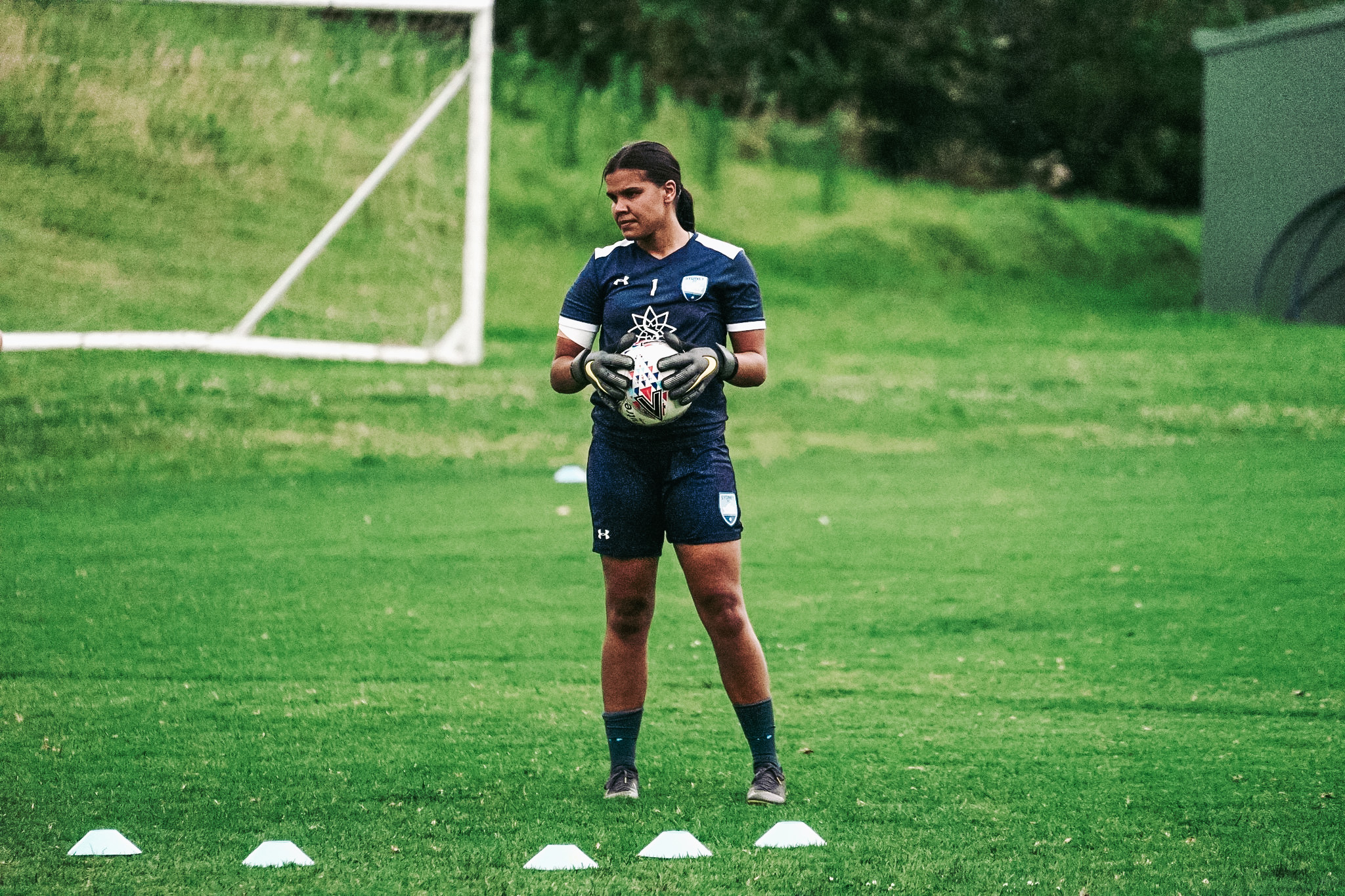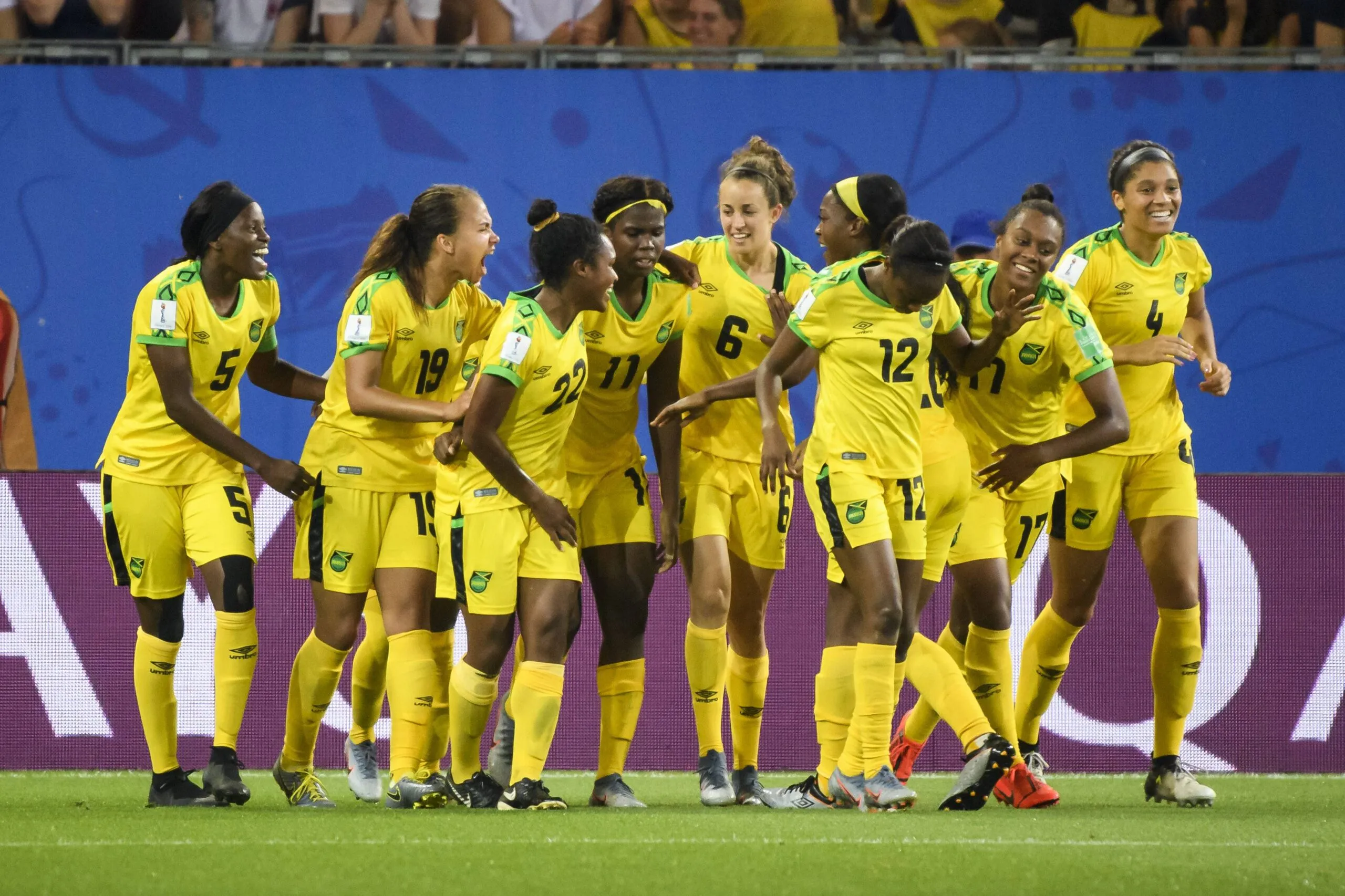Let me, if I may, begin with a telling off. Let me begin with psychoanalysis. Freud – who has had such a bearing on how we think about our inner worlds and, perhaps more pertinently to me as an English teacher, how we can think about the inner worlds of Western literature’s most totemic figures – considered the first moment of discipline the young child experiences to be the father’s claim to the mother. The child, who desires exclusive attention from the mother, must recognise the father’s right to attention from the mother and relinquish any desire for exclusivity so that they can step out into the world and begin their journey towards becoming a healthy, well-adjusted member of society.
Clearly, the dynamics of modern family life are quite different from the heteronormative tendencies of late nineteenth-century Vienna, but Freud’s schema nevertheless highlights that masculinity and femininity are constructed in particular ways from the get-go, with masculinity associated with rules, discipline and dynamism.
This, of course, is why heteronormative tendencies can be so hard to root out: the very structures that pre-exist us, that produce and develop us, are neither neutral nor balanced but carry assumptions intricately woven into the cultural web. These assumptions can manifest in so many ways, and one incidental way I want to talk about is in the teaching of Cecil Day-Lewis’s poem ‘Walking Away’, which is part of the English GCSE curriculum.
‘Walking Away’ is one of my favourites on the curriculum. Lewis’s poem tells the story of a parent watching their young child ‘drifting away | Behind a scatter of boys’ to play their first football match, a rite of passage that sparks the anxiety of the parent who cannot bear their child’s vulnerability as, for the first time, the ‘parent stem’ is loosened.
To the anxious parent, that innocent first football match signifies the child’s growing independence, a walking away into selfhood for which the parent worries their ‘half-fledged thing’ may not be ready.
The speaker concludes, however, that this most Freudian cutting of ties may well be the natural, possibly divine, order of things, with parental love ‘proved in the letting go’. The ending may affirm a potential universality to the constant negotiation of control and freedom between the young and their elders, but the poem’s power, for me, lies in the opening, which obliterates the happy ending: the poem is an eighteen-year-old memory that still ‘gnaws’ at the parent. This moment, this flash parting – a pat, a smile, a ‘good luck’, perhaps – has lingered, and the self-help catchphrases of the final stanza seem inadequate in the face of the deep trauma suffered by the eternally fretful parent who, nearly two decades on, cannot escape the pain of a brief goodbye.
Whenever I have taught this poem, there is one constant I myself cannot escape – pupils, and, it must be said, many teachers, automatically assume that both the child and the parent are male.
The belief that the footballing child must be a boy and the attendant parent a father shows, for me, that assumptions about masculinity and femininity are deeply embedded in the psyche from that first Freudian step beyond the family unit and into the unknown.
When we stop and think, we do know better than to just lazily reproduce those assumptions, but the cultural conditioning runs deep.
Now, there is a legitimate biographical reason for this assumption, which is that Day-Lewis is male and had sons, a fact that leads both teachers and pupils to the conclusion that the poem articulates the poet’s experience. But this only demonstrates why the tendency for biographical criticism – where we read a piece of literature as a window into the life, experience or opinion of the author – closes off alternative (and often more interesting and productive) interpretations.
It may well be the case that Day-Lewis was drawing on an actual experience, but it’s also the case that at no point in the poem is the gender of either parent or child mentioned or even implied. (We should note that Day-Lewis had a daughter too.) In the light of this, it’s equally reasonable to conclude that Day-Lewis deliberately omitted any mention of gender precisely so that the poem could remain open to a variety of imaginings. And, regardless of Day-Lewis’s intention, the poem exists separately from its author, in many different contexts, including in the current moment where the notion of football as a boy’s game is being more readily challenged.
We, the readers in the classroom, are the ones who tend to impose upon the poem a masculine football environment. We, the readers, are also the ones who can read it otherwise.
If we imagine the child walking away to be a girl, it lends an altogether different force to Day-Lewis’s poem. I think of my own daughter, who plays in a girls’ team and a boys’ team. ‘That hesitant figure’ could be her, boots in hand, hair pulled back, and after a flash parting – a pat, a smile, a ‘good luck’, perhaps – ‘eddying away’ to that scatter of boys, or behind them to a girls’ match beyond.
Indeed, suppose we today choose to read the poem this way. In that case, it refashions the traumatic anxiety of the parent, who may now also be mapping onto the generic hazards of independence the specific barriers a young girl faces in life, with that first entrance into the football field scattered with boys a microcosm of the wider patriarchal environment she must negotiate, odds stacked against her.
This adds extra resonance to the parent’s concern that the child will find ‘no path where the path should be’. Moreover, it turns that concern into a cry against injustice familiar to us who love football.
Where are the pathways? And if the parent is female, that cry against injustice becomes layered with the pathos of experience. Mothers, aunts, sisters and girlfriends also cheer from behind the respect rope. But football is a game where boys are still seen as the more obvious fit, where – often against our better natures – persistent stereotypes still condition what we instinctively think about when we think about a poem about football. But there is always the opportunity to rethink who might be walking away, and who they might be walking away from.









